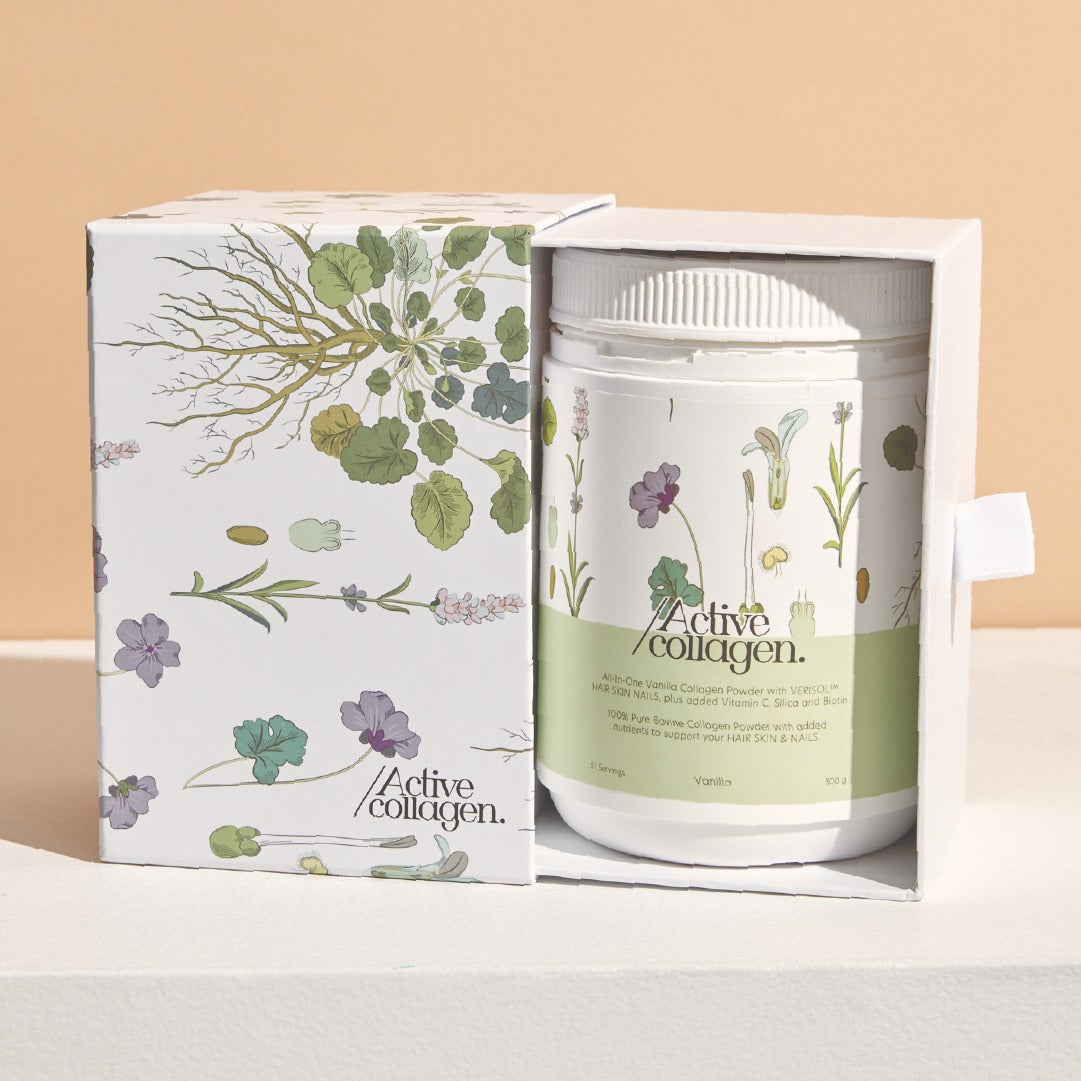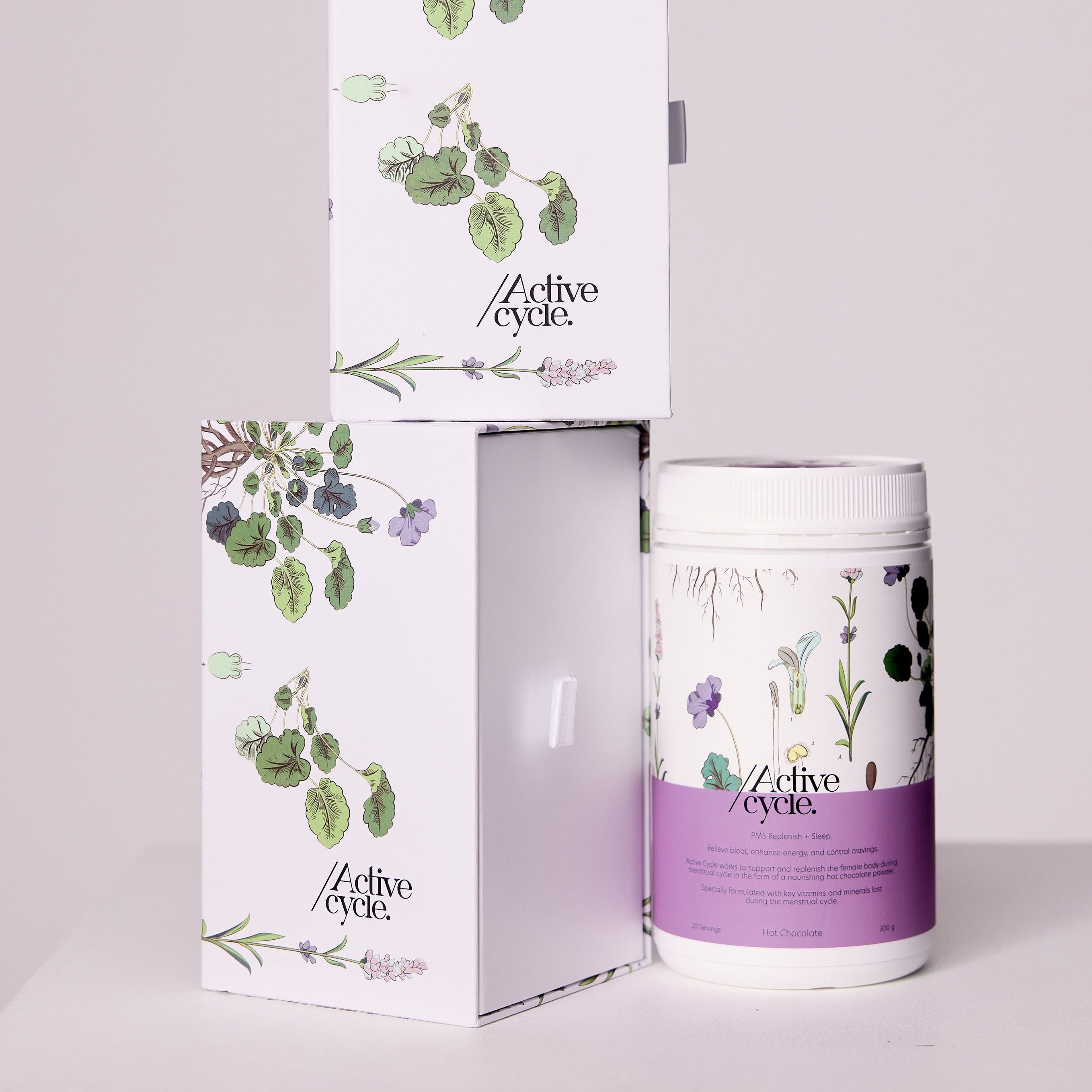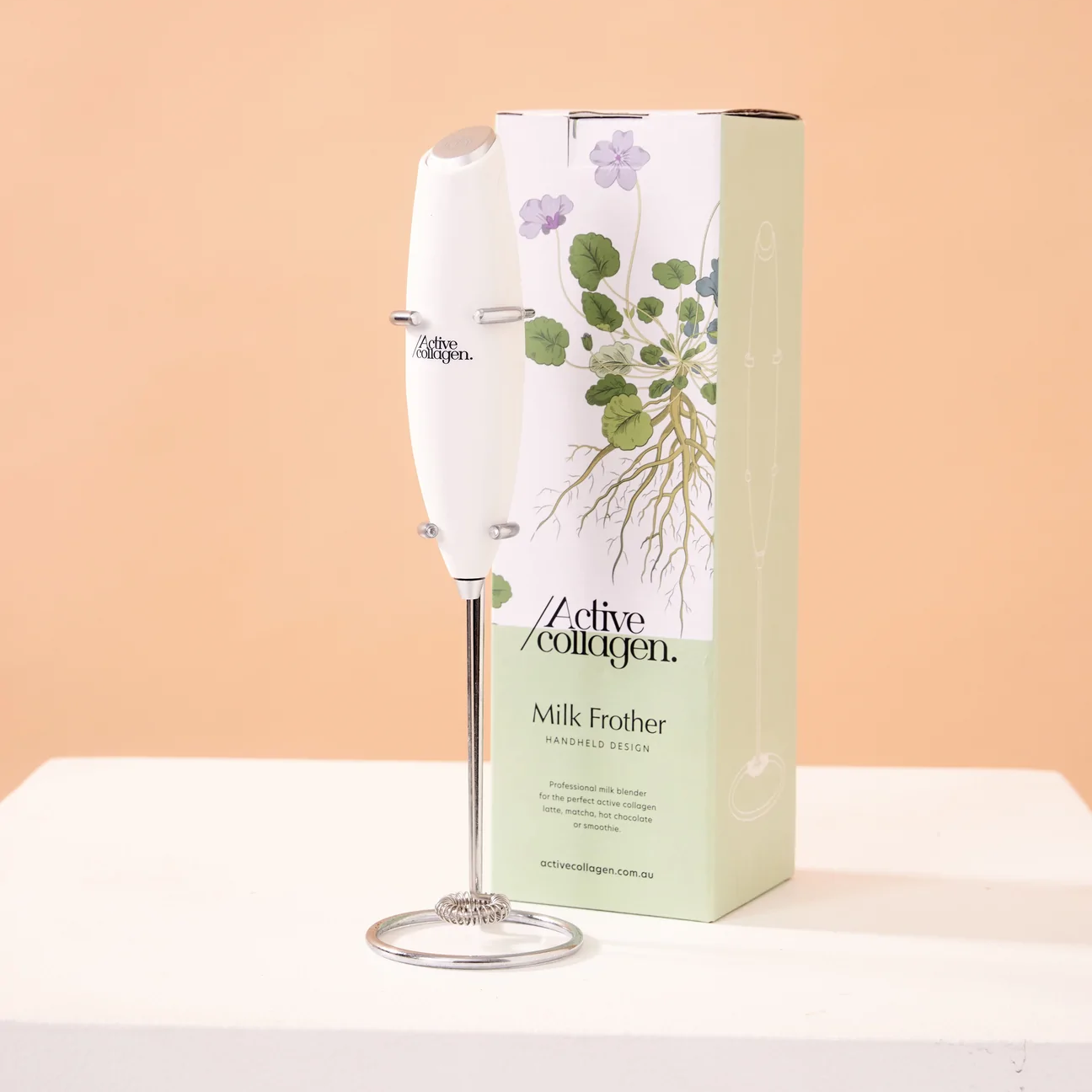Having a healthy and strong immune system has always been a direct indicator of health. But now more than ever people are becoming more curious on how they can build stronger immunity. There are many elements of an unhealthy lifestyle – inactivity, poor diet, smoking, excessive alcohol – that negatively impact our immune system and even increase people’s predisposition to infection.
Our immune cells, like most cells, thrive under optimal environments. So, it is important we give it what it needs to be able to fight pathogens rapidly and efficiently. And when it comes to nutrition and lifestyle there is a plethora of habits you can introduce that will better your immunity.
Nutrition
Proper nutrition is the MVP in keeping our immune system functioning well. However, there are some key players in particular to keep in mind when optimizing immune function.
Amino Acids – these little building blocks of proteins are powerhouses for our immunity. Having sufficient amounts of amino acids is crucial for producing essential immune cells such as T & B lymphocytes, antibodies and cytokines. Getting enough daily protein is the best way of ensuring you’re meeting amino acid needs.
Vitamin C – you’ve probably heard this one before. Vitamin C is a strong antioxidant for supporting both our innate and adaptive immune system. It has major defence and elimination properties which during times of deficiency results in higher susceptibility to infection. Boost your vitamin C naturally through foods such as tomatoes, citrus fruits, berries, kiwi fruit, capsicum and potatoes.
Enough Energy – your immune system requires adequate energy from food to function effectively. For example, an immune response such as a fever increases the basal energy expenditure therefore there is a higher demand for energy. Nutrient poor diets and undereating can lead to malnourishment which can have direct negative impacts on immune responses, susceptibility and severity.
Turmeric & Garlic – the bioactive component of turmeric root – curcumin – has anti-inflammatory properties which inhibit immune cell activity such as cytokines. Garlic is similar in that it has antioxidants, but also antibiotic properties and enhances liver detoxification of various toxicants. Try incorporating both into savoury dishes like stews and curries. Ground turmeric can be especially delicious alongside spices such as cinnamon and nutmeg when incorporated into sweet foods like porridge or baked goods.
Stress
After long periods of stress, it is not uncommon for people to fall ill or feel rundown. Of course, we can’t talk about stress without mentioning high cortisol, our stress hormone. High cortisol – or chronic stress - has the ability to suppress and compromise the immune system. This is due to chronic stress being associated with higher levels of pro-inflammatory immune cells that are present for longer periods of time. Although inflammation is a necessary part of the immune response, chronic inflammation is an underlying cause of chronic disease.
Managing stress through prioritising sleep, daily movement and having work/life balance are all vital for regulating immune function and dodging the unbridled infections no-one asked for.
Li, P., Yin, Y. L., Li, D., Kim, S. W., & Wu, G. (2007). Amino acids and immune function. The British journal of nutrition, 98(2), 237–252. https://doi.org/10.1017/S000711450769936X
Carr, A. C., & Maggini, S. (2017). Vitamin C and Immune Function. Nutrients, 9(11), 1211. https://doi.org/10.3390/nu9111211
Monye, I., & Adelowo, A, B. (2020). Strengthening immunity through healthy lifestyle practices: Recommendations for lifestyle interventions in the management of COVID-19. Lifestyle Medicine, 1(1). https://www.ncbi.nlm.nih.gov/pmc/articles/PMC7646052/#__ffn_sectitle
Poles, J., Karhu, E., McGill, M., McDaniel, H. R., & Lewis, J. E. (2021). The effects of twenty-four nutrients and phytonutrients on immune system function and inflammation: A narrative review. Journal of clinical and translational research, 7(3), 333–376. https://pubmed.ncbi.nlm.nih.gov/34239993/
Bayan, L., Koulivand, P. H., & Gorji, A. (2014). Garlic: a review of potential therapeutic effects. Avicenna journal of phytomedicine, 4(1), 1–14. https://pubmed.ncbi.nlm.nih.gov/25050296/
Morey, J. N., Boggero, I. A., Scott, A. B., & Segerstrom, S. C. (2015). Current Directions in Stress and Human Immune Function. Current opinion in psychology, 5, 13–17. https://doi.org/10.1016/j.copsyc.2015.03.007




